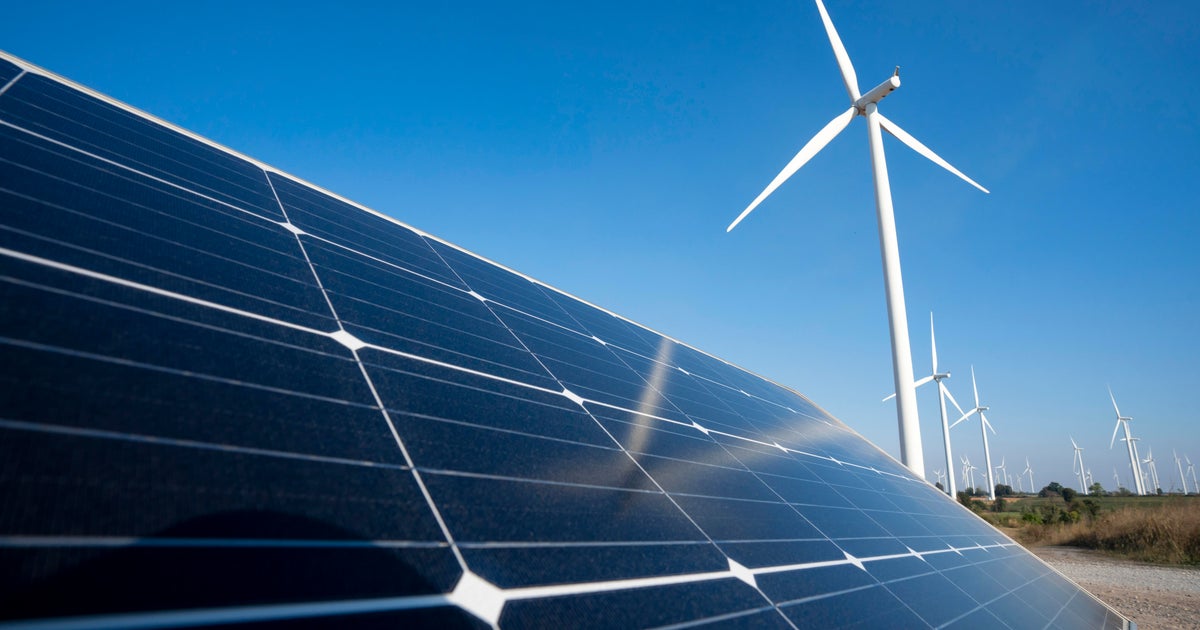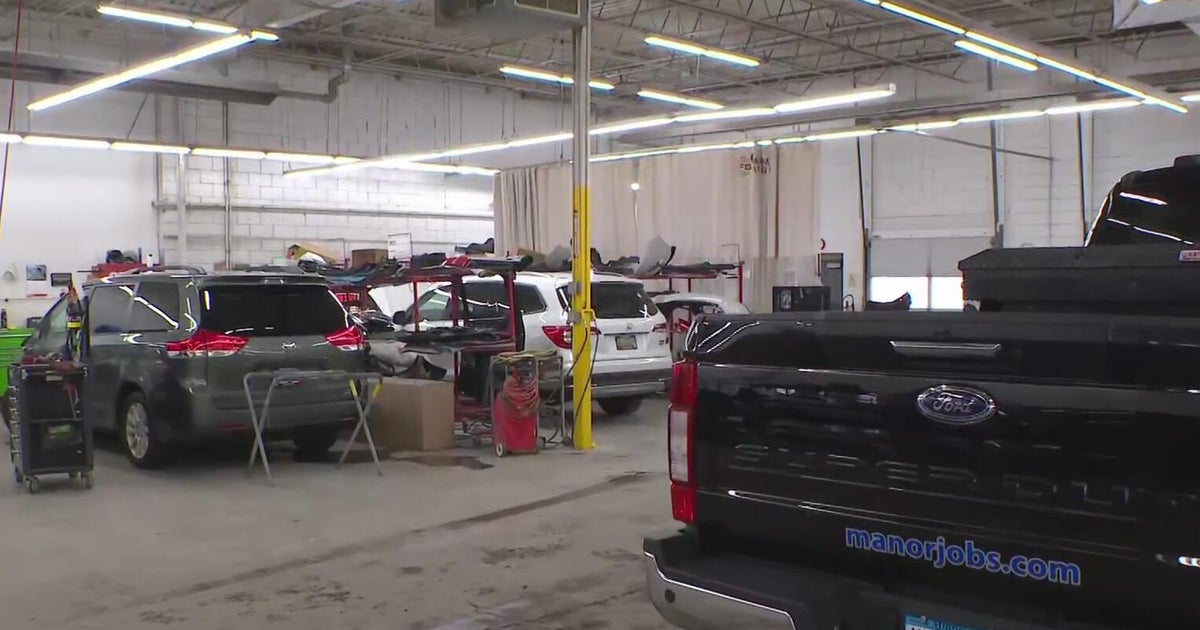GM announces more layoffs, auto expert sees possible shift from EV production
(CBS DETROIT) — With General Motors announcing Friday it was laying off nearly 1,000 salaried workers worldwide, an automotive expert foresees a shift in operations because of a less-than-expected volume of electric vehicle sales.
Jan Griffiths, an automotive industry expert and founder of Gravitas Detroit, a company that works with the auto industry on meeting the demands of the EV revolution, says GM is likely not the only automaker that will be looking to right-size or shift its operations from focusing so heavily on EVs.
"GM had quite a shift in the strategy lately; as you know, they were all in on EVs, and when the EV demand didn't come through as we all expected, they had to change the strategy, and now they're looking at right-sizing their operations," said Jan Griffiths.
"Stellantis is in a much worse situation. Stellantis stock has dropped 40%. Their sales in the last quarter were down 20% in the U.S. The dealer lots are full of inventory, so when you have a lot of cars on dealer lots, you certainly don't need to build more."
However, there is another looming issue for automakers that could have a significant impact on the automotive industry — Trump-era tariffs on foreign vehicles and parts manufactured in China.
"We're expecting these tariffs to be extremely high on China and foreign goods. Were expecting these to be high, probably higher than we've never seen before, and that too will have a ripple effect through the automotive supply chain," Griffiths said.
If parts are taxed with higher tariffs, the cost to produce will rise, and in theory, this could lead to more layoffs, but Griffiths believes automotive executives had already been preparing for this to happen in the event former President Donald Trump was elected.
"They're going to be ready. They've started nearshoring or bringing their supplies back to the U.S. or closer to the US, and they're going to be ready for different levels of tariffs," Griffiths explained. "The question is also: will these tariff rates come in all at one time, on day one, or very shortly thereafter, or will it ramp over time? These are things we don't know until the new administration gets into place."







